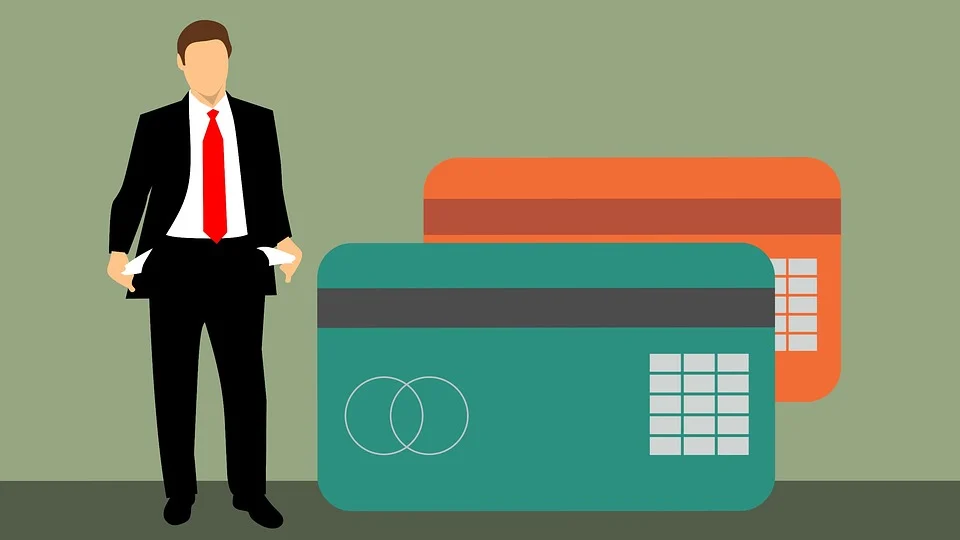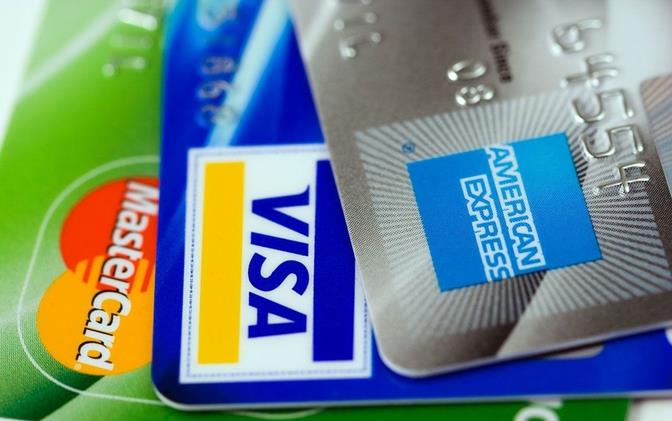Interest-free credit cards can be great for borrowers looking to make significant purchases, but before you sign up, it’s important to understand the pros and cons of these credit cards and how they may affect your financial future.
Let’s start with the basics: What are interest-free credit cards? They are exactly what they sound like – credit cards that allow you to pay off your purchase in full over 24 months without accruing any interest charges.
Con 1: No grace period
Some longer credit cards have a grace period that allows you to skip a payment if you can’t make it. But these cards don’t. So if you run into financial troubles, or just forget to pay on time, expect an interest rate that skyrockets from zero to 25 percent as soon as your introductory period ends.

That kind of interest rate can be difficult for some consumers, particularly those with low incomes or who are already struggling financially, according to Liz Weston, personal finance columnist at NerdWallet and author of Your Credit Score.
She suggests that people who can afford it should take advantage of their card’s introductory offer but plan on paying off their balance every month afterward.
Con 2: Not every purchase qualifies
Paying off a purchase on a 24-month interest free credit card doesn’t always make sense. If you don’t have any other balance on your credit card, or if you have a high limit, then it may be better to carry your purchases over instead of financing them for longer than needed.
You’ll end up paying more in interest charges by opting for an extended payment period, especially if you tend to make larger purchases.
Con 3: There are better rates out there for purchases made outside of USA
If you’re a frequent traveler outside of USA, it’s best to look for a card that doesn’t charge foreign transaction fees, or that has no annual fee for overseas usage.
If your primary need is international travel, there are many options out there with a great deal of flexibility. Some cards can be used internationally, with no extra charges applied on top.

However, beware that some cards will apply interest even on purchases made outside their country; conversely, some won’t. While it may seem like an attractive deal (especially when comparing rates to American credit cards), think about whether or not you’ll actually be able to take advantage of its offerings – especially when you consider how easy it is to run into issues such as fraud abroad.
Click Next to read The Pros of 24-Month Interest-Free Credit Card.
Pro 1: Great for big purchases
Many purchases that people make need to be broken up into smaller, monthly payments. For example, buying a car or a new fridge will often require putting down 10 percent of your purchase price as a deposit, with monthly installments for several months.
Some credit cards offer interest-free financing on these larger purchases over a 24 month period.
In other words, you won’t have to pay any interest while you pay off your large purchase. This can really save you money in the long run if you need to finance something big.

Pro 2: No late fees: Many credit cards will charge fees if you miss paying an installment on time.
Pro 2: Some cards offer rewards and perks
These cards can also come with reward points, cash back on every purchase, airline miles or other perks. Many credit card companies will offer rewards for using your card for certain purchases, like gas or groceries.
This makes it easier to earn free stuff through your daily spending. When choosing a card that comes with rewards, make sure to choose one that offers what you are looking for.
For example, if you want cash back on every purchase make sure that is an option with your new card so you don’t miss out! The more flexible a rewards program is the better off you will be because then you can be rewarded for all of your spending rather than just certain types of purchases.
Pro 3: If your credit is good, these cards will be good for you
You can enjoy 0% interest for up to 24 months. In other words, you can pay off your purchases at a leisurely pace, with no worries about additional charges accruing over time. Plus, there are special offers for things like rewards points on credit card purchases.
If you’re shopping for something big (like a car), and if you plan to pay it off over time, a long-term offer is almost always your best bet.
If it’s not a huge purchase—for example, if you just want to buy a new computer—you may still be able to negotiate an interest rate that’s lower than that charged by many traditional cards. often those have shorter periods between charges (though they will likely have more overall fees).
Conclusion
The above are some of the pros and cons of credit cards as discussed by CreditMantri. Although credit cards have cons, if you use them judiciously, they will be great financial tools.